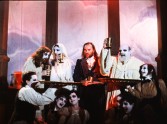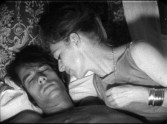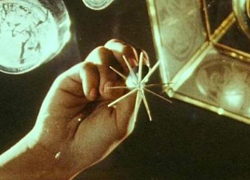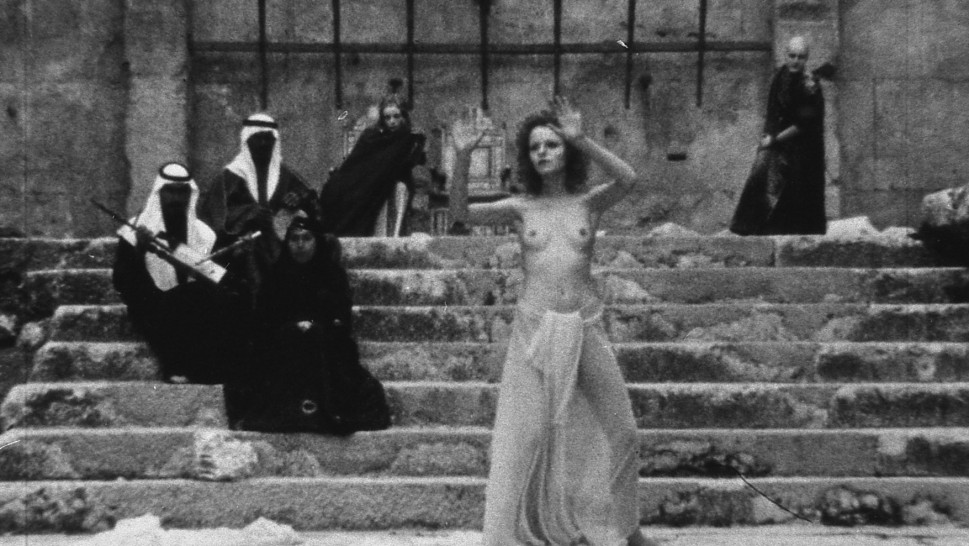
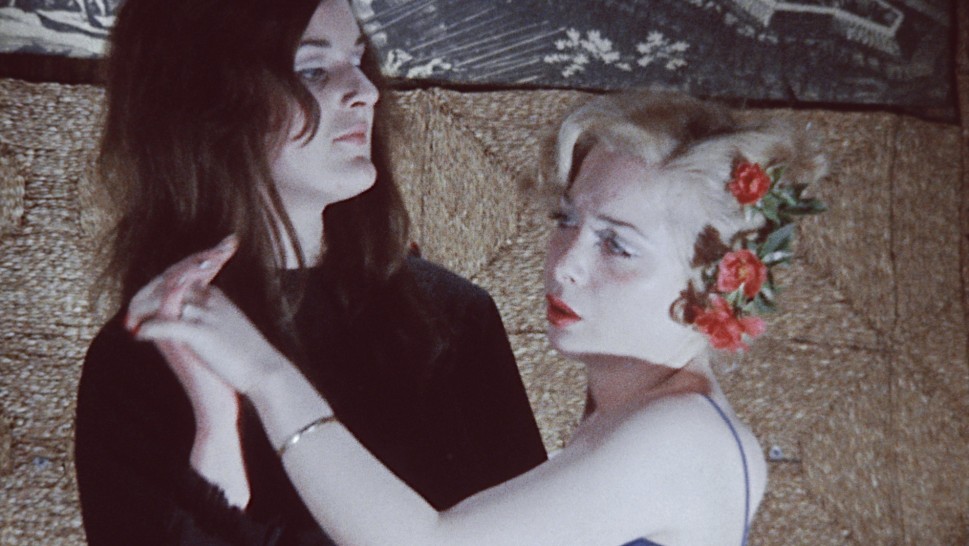
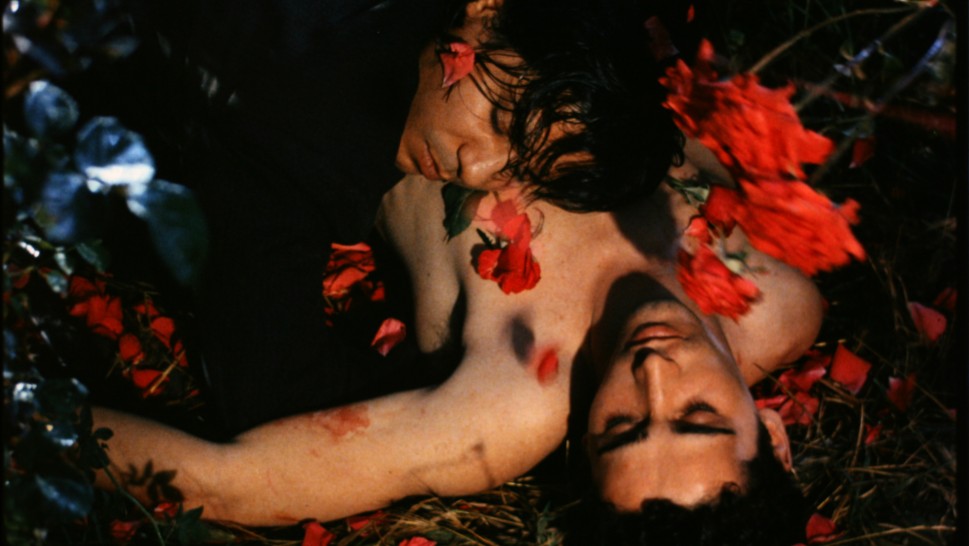
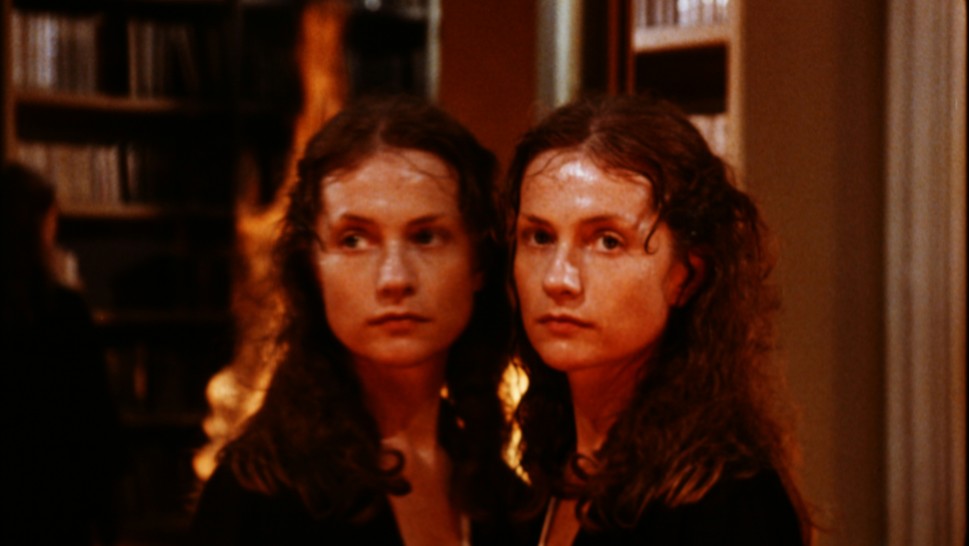
The Passions of Werner Schroeter
Although he is today recognized as one of the great directors of post-1968 European cinema, the extraordinary oeuvre of Werner Schroeter (1945-2010) has remained surprisingly unknown to the larger filmgoing public in Europe and abroad. An important creative force within the New German Cinema of the 1970s, Schroeter nonetheless remained marginalized within this cinema, sharing the fate of fellow queer filmmakers Rosa von Praunheim and Ulrike Ottinger, whose work failed to garner the kind of attention that was accorded the New German Cinema’s stars (and Schroeter’s personal friends) Rainer Werner Fassbinder and Wim Wenders in Germany and particularly in the United States. Yet, Schroeter’s twenty-two features and many shorts are an impressive testimony of a cinema uniquely positioned at the intersection of art cinema and the avant-garde, illuminated throughout by the contributions of a coterie of highly illustrious collaborators from several countries and various artistic domains.
Born in 1945 in the Eastern German province of Thuringia, Schroeter’s family relocated to West Germany in the early 1950s to escape communism. After finishing high school, Schroeter studied psychology for three semesters before being admitted to Munich’s prestigious film school, which he left bored and indifferent after a few weeks, to continue to make his own private 8mm films, one of which he brought to the legendary 1967 avant-garde Film Festival at Knokke Le Zoute in Belgium, a watershed experience for him in several ways. Exposing him to the works of Kenneth Anger, Gregory Markopoulos and D.A. Pennebaker, the Belgium festival helped shape Schroeter’s unique blend of avant-garde and documentary aesthetics. During the festival, he also met Rosa von Praunheim, who not only was his first love but also became an early artistic mentor.
In the wake of Knokke, Schroeter began making films in quick succession. Though his second attempt to go to film school, this time in Berlin, ended with a rejection letter (ironically, Schroeter and fellow rejects Fassbinder and von Praunheim would later hold seminars at that same school), Schroeter made 20 8mm films in 1968 alone before switching to 16mm, a format that brought him his first recognition with such medium-length films as Neurasia and Argila and then with Eika Katappa, Schroeter’s feature-length breakthrough film for which he received the Josef von Sternberg Award at the 1969 Mannheim film festival and which garnered him an invitation to Cannes the following year. By the early 1970s, Schroeter had built two artistic support groups, one in Germany – where he quickly became highly regarded by such fellow filmmakers as Wenders, Fassbinder, and Ottinger – and the other in France, where he met his later friend and life-long champion Henri Langlois and received recognition at festivals in Nancy, Avignon, and Hyères, followed by his first retrospective in Paris in 1973.
When funding from German television helped stabilize Schroeter’s artistic output in the 1970s, the full spectrum of his creative impulses and thematic concerns began to emerge. His wide-ranging interests produced idiosyncratic adaptations of stage dramas as diverse as Oscar Wilde’s Salome, Shakespeare’s Macbeth, and Oskar Paniza’s Das Liebeskonzil (The Council of Love), as well as of contemporary novels like Malina, written by Austrian Nobel laureate Elfriede Jelinek. In between, Schroeter frequently turned to non-fiction filmmaking but clearly preferred the hybrid essay format to straightforward documentaries. Films such as Generalprobe (Dress Rehearsal – about the Nancy theater festival) and Auf der Suche nach der Sonne (In Search of the Sun – about Ariane Mnouchkine and the Theatre de soleil) showed his great passion for avant-garde theater, while Der Schwarze Engel (The Dark Angel), filmed in Mexico, and Der Lachende Stern (The Smiling Star), filmed in the Philippines, displayed his keen interest in philosophy, politics, and in particular questions of post-colonialism.
If Schroeter’s early films are both playful high camp and searching experiments in film form, the mood of his work darkens by the late 1970s as the utopian aspirations of the previous decade came to naught, and Schroeter took up narrative and politics in reaction. From a celebration of art as a means of transcendence, Schroeter began to express an urgent and pointed concern about the endangered possibilities for freedom and justice. His last film, finished shortly before his 2010 death of cancer, proved that Schroeter never stopped engaging and interrogating his passions. – Roy Grundmann and David Pendleton
The Harvard Film Archive is pleased to present a number of Schroeter’s films from restored copies by the Munich Film Museum. The retrospective takes place in conjunction with the conference “Cinema, Opera, Art – The Passion of Werner Schroeter,” organized by Boston University and hosted by the Goethe-Institute, Boston, September 27-29.
This program is presented in collaboration with the Goethe-Institut, which will host additional screenings, free of charge, at 170 Beacon Street in Boston: Mondo Lux – Wednesday, September 26, 7pm; Der Bomberpilot – Wednesday, September 26, 9pm; Palermo oder Wolfsburg – Saturday, September 29, 3pm.

